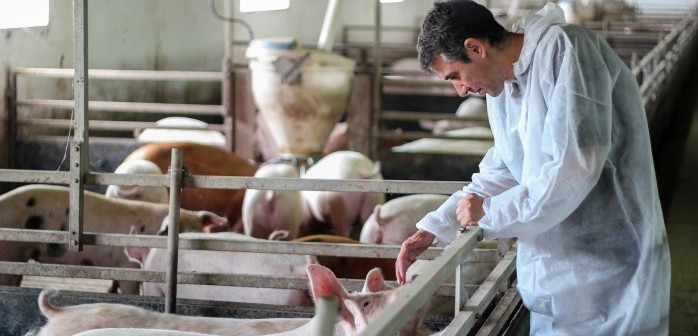The UK veterinary profession is facing a tough future with Covid, Brexit, and exotic disease all taking their toll, according to a new report from the British Veterinary Association (BVA).
The report assesses the readiness of the UK and raises serious questions around veterinary capacity and infrastructure just weeks from the end of the Brexit transition period on 31 December.
BVA has been raising concerns about veterinary capacity since the EU referendum, as around half of new vets registering in the UK each year are from the EEA. Covid-19 has placed additional pressure on veterinary capacity as fewer vets have come to work in the UK during 2020 and capacity within veterinary teams is being stretched with Covid-safe working practices.
“We’re calling on the government to urgently send a strong signal to industry that it needs to recruit Official Veterinarians now to secure the necessary workforce,” BVA president James Russel commented.
“At a time when we need to be gearing up our capacity, our workforce is at full tilt under the shadow of Covid-19 restrictions and depleted by a reduction in registrations from overseas. This needs to be factored into plans.”
With a trade deal still being negotiated, BVA is also calling on the government to clarify the number of Official Veterinarians that will be needed to certify export health certificates (EHC) and to identify where in the country they will be needed. Whether a free trade deal is reached or not, EHCs will be required, but the detail has not yet been released creating difficulties for industry and the veterinary profession in preparing.
Mr Russell commented: “The veterinary profession is absolutely critical to the safe trading of animals and animal products whether the UK reaches a deal with the EU or not. With just weeks to go until the end of the transition period we are deeply concerned that we still don’t have clarity on exactly what will be required.
He added: “Our biggest concern is that as we look to 2021, we face the threat of a triple whammy of Covid, Brexit and exotic disease. Vets will always prioritise animal health and welfare and public health, but we need government to give us the information we need to do so.”




